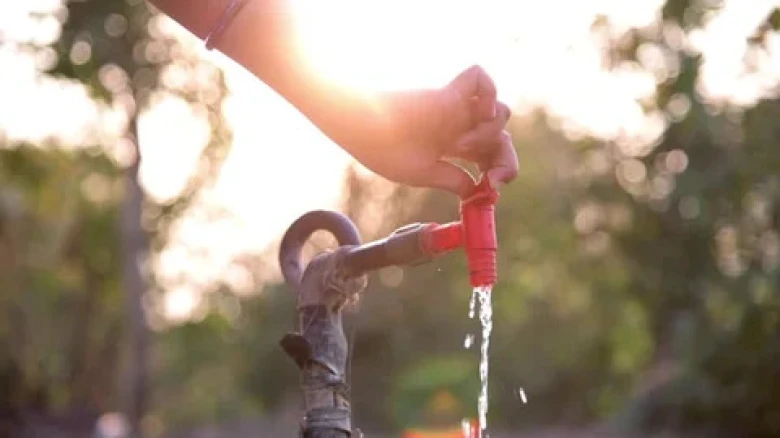SEEDS reacted with compassion as the Barak Valley experienced unparalleled destruction due to severe rainfall....
Digital desk: After the devastating flood of 2022, the Sustainable Environment and Ecological Development Society (SEEDS) holding the hands of project Ashraya India Flood Relief reached out to the communities in the Cachar region in South Assam.
To rebuild a community that is resilient to natural catastrophes, particularly floods, SEEDS consulted with the Cachar district administration and went out to the communities devastated by the floods.
A non-profit organization called SEEDS promotes community resilience by offering workable solutions for preparedness, response, and recovery from disasters.
According to a statement released by the NGO, SEEDS reacted with compassion as the Barak Valley experienced unparalleled destruction due to severe rainfall. The floodwaters breached the Bethukandi embankment, and submerged huge areas in the Cachar district. The SEEDS intervened at that crucial moment to reduce the people's suffering and bring back normalcy.
The entire northeast region of India is vulnerable to natural calamities, which have an impact on people's lives and means of subsistence, according to SEEDS director Manu Gupta. According to Gupta, "The SEEDS team has been in Assam for ten years and has worked strategically over the last two years to restore schools and primary health centers devastated by floods."
The Cachar District Disaster Management Authority's Shamim Laskar, a program officer, stated that flood kits might be airdropped to those affected by flooding. "However, the lack of drinking water for people worried us a lot."
According to Laskar, the district government was able to save lives and provide food for the displaced, but since all sources of drinking water were underwater, there was a cry for drinking water. In order to solve the problem of drinking water scarcity during floods, SEEDS built ten Terra filters throughout the Cachar district's various communities over the past two years.
More than 1,500 families may receive clean, safe drinking water from the Terra filters because of their unique design and construction, which keeps them above floodwaters. In an emergency, the DRDO-patented Terra Filter can produce 1000 liters of drinkable water.
Furthermore, 200 ASHA employees from the Jalalpur and Kalain Primary Health Centers completed specialized WASH training, demonstrating a focus on the community. The importance of safe drinking water was emphasized by the SEEDS through awareness programs, particularly in areas with high iron content. By renovating, repairing, and improving the infrastructure at four school buildings affected by the flood, the NGO additionally aided in the restoration of education.
In addition to having solar illumination, these schools will eventually provide refuge for the villagers in times of need. Creating community and group resilience through working with local leaders, SEEDS established task teams for Disaster Risk Reduction and held simulated drills in schools.

Leave A Comment